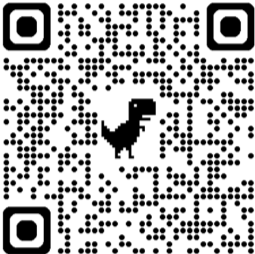PSYCHOLOGY (Chapter 1) Time Out !
Study guide for psych chapter 1
Create multiple-choice games on Wisc-Online and play them on our Chakalaka mobile app!
But that's not all! Explore educational games created by others. Simply search by category or enter agame code number and dive into a world of learning and fun.
Download the Chakalaka mobile app here:

Topics of this game:
- Choose the best definition for psychology (as defined in textbook)
- human behavior is difficult to predict, in part because almost all actions are multiply determined which means:
- People differ from each other in thinking, emotion, personality, and behavior. This is called:
- the belief that the world is exactly as we see/perceive it is called:
- an explanation for a large number of findings in the natural world:
- the tendency to seek out evidence that supports our beliefs and deny, dismiss, or distort evidence that contradicts them:
- the tendency to stick to our initial beliefs even when evidence contradicts them:
- Metaphysical claims
- a set of claims that seems scientific but isn’t.
- Which of the following is an anecdote
- Which of the following is an example of Exaggerated claims:
- Which of the following is an example of Talk of “proof” instead of “evidence”:
- Psychics saying the "bad vibes" of a scientific study interfering with their powers is an example of:
- “The idea that daycare might have negative emotional effects on children gets me really upset, so I refuse to believe it.” is an example of:
- “Dr. Smith’s theory of personality is the best, because it seems to have the most evidence supporting it.” is an example of:
- “My professor says that psychotherapy is worthless; because I trust my professor, she must be right.” is an example of:
- "Is this the only good explanation for this finding? Have we ruled out other important competing explanations?" is an example of:
- capability of being disproved:
- if two explanations account equally well for a phenomenon, we should generally select the more parsimonious/less excessively complicated one
- required trained observers to reflect carefully and report on their mental experiences.
- To examine the role of mental processes on behaviour:
- To understand the functions or adaptive purposes of our thoughts, feelings, and behaviours
User comments are currently unavailable. We apologize for the inconvenience and are working to restore this feature as soon as possible.

